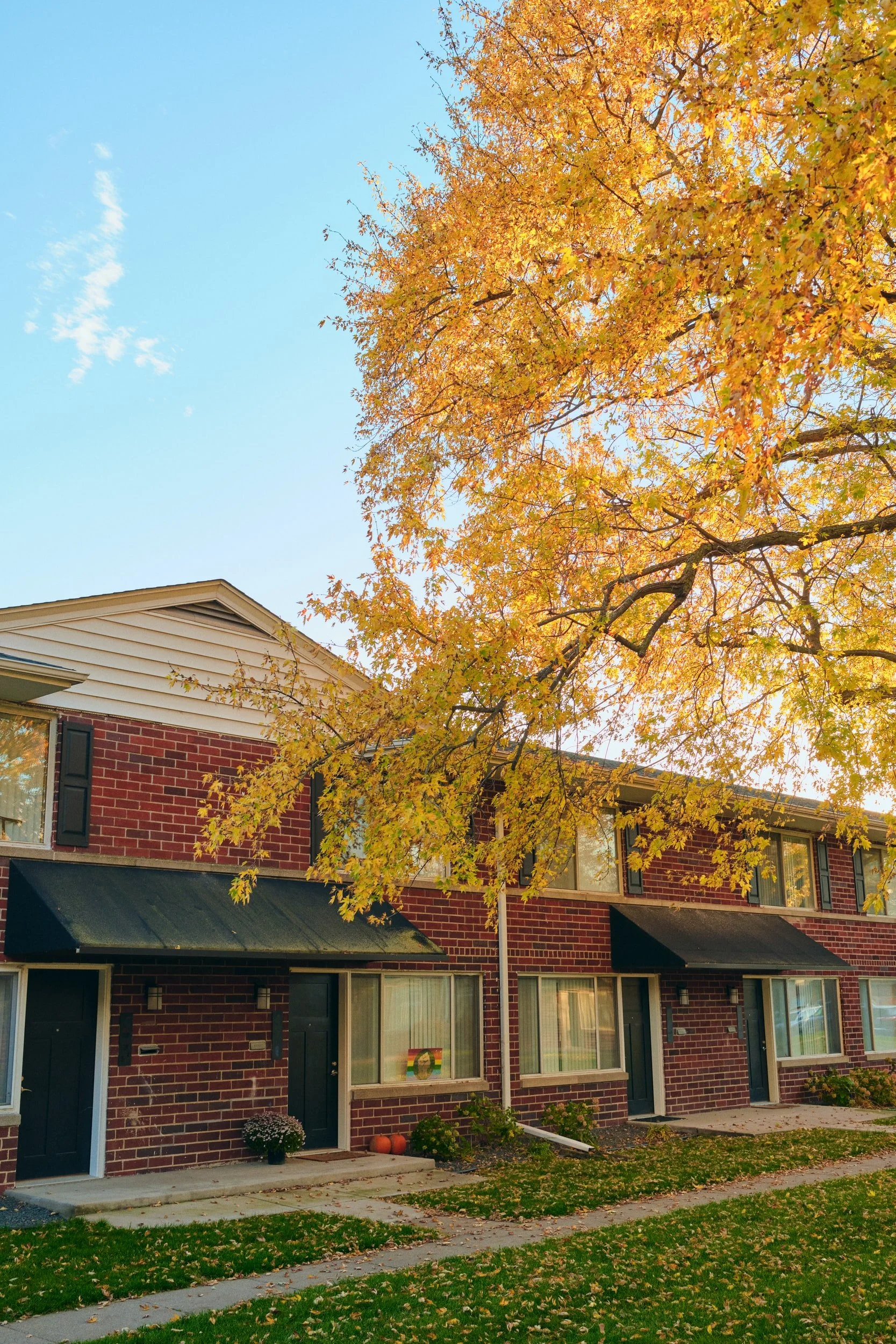Which is Better, Real Estate Syndication or Owning Rental Properties?
by Christopher Levarek
“ ‘it depends’ is almost always the right answer in any big question.”
Linus Torvalds
Don’t you just love when you ask a question to someone and the answer is “it depends”? It seems I often say this answer when talking with new and experienced real estate investors. It just is so hard to avoid! Everything in real estate investing really does depend on multiple scenarios.
One common topic of debate I hear all the time on BiggerPockets, an online real estate forum, is that owning rental properties beats out passive investments or real estate syndication. The experienced rental property owners swear up and down they can beat out returns, benefits and the like. Whilst those investing passively or managing real estate syndications defend their corner with advantages not found in owning rental property actively. It’s a debate!
Fear not, today we will settle this one. More importantly, we won’t close with a “it depends” answer but rather, based on years of personal real estate experience in both categories, provide you with an answer to this age old argument.
So read on, new investor or experienced property owner. Today, we get an answer. First up rental properties…
Rental Property
Alright, let’s look at an actual rental property I own. This is a 13 unit I own with Valkere Investment Group managing partners located in North Carolina we have had since 2019.
The Numbers/Business Plan :
Purchase Price : $499,000 at 6% cap rate
Down payment of $124,750
Closing costs of $25,000
Renovations of around $85,000.
Total Invested : $234,750
Collected Rents for Mixed 1/1 and 2/1 bedroom/bathrooms
$550-$725
The Cashflow Average per month for 2021 is :
Cashflow Average : $1503 x 12 months = $18,036 annual cashflow
Renovations and rent increases are still underway however, the current overall return for 2020 AND 2021 after two years of ownership is below :
$14095.81 (cashflow) / $234,750 (invested) = 6% Cash on Cash Return 2020
$18,036 (cashflow) / $234,750 (invested) = 7.68% Cash on Cash Return 2021
Ultimately our end goal was to sell this property in year 5 for around $950,000 at a 6.5% cap rate, which ends the deal at a 22.59% overall return or internal rate of return.
Active Work Hours
As is visible, for 2020, the cashflow was only a 6.71% return on our money. However, what is not accounted for here is the active work hours spent on renovations, property manager communication efforts, entity management and asset management efforts.
For 2021, the cash on cash return increased to 8.59% thus far, however again, we are not counting hours spent on the aforementioned items.
If we do account for such hours as a rental property owner, based on our numbers:
We spent roughly 5 hours a week in 2020 and around 3 hours a week in 2021.
260 hours in 2020 and 156 hours in 2021.
If we estimate $20 an hour for these management efforts
operational expense of our time =
$5200 in 2020
$3120 in 2021.
Now if we add this new operational expense to the cashflow for years 2020 and 2021 :
$14095.81 (cashflow) - $5200 (work hours) / $234,750 (invested) = 3.78% Cash on Cash Return 2020
$18,036 (cashflow) - $3120 (work hours) / $234,750 (invested) = 6.35% Cash on Cash Return 2021
End Result
As we can see the cashflow for the years of renovation and management is fairly low, much in part due to the operational expense of managing the property. This is often the case with rental property however, most rental property owners do not account for their time spent. The majority leave out their time spent on the numbers and thus cash on cash returns can and often do look better.
Yet, before we go too far in making a decision, let’s look at the other side of the coin, real estate syndication….
Real Estate Syndication
Let’s take a recent 384 unit apartment complex syndication we did and demonstrate a $235,000 investment example into such a deal.
If I had invested $235,000 into the above real estate syndication which had a 12% annualized preferred return with 6% in cashflow for 4 years and a 36% preferred return in year 5.
(Preferred return means simply the investor is paid first before any other managing partner.)
Here’s what it would look like :
$235,000 x 6% = $14,100 / 12 months = $1,175 per month for years 1-4
$100,000 x 36% = $84,600 at sale for year 5
Total = 12% Annualized Return
I, the investor, would therefore be making $1,175 a month on my $235k investment from cashflow. I would then make $84,600 in year 5, thus equaling an annualized 12% return on my $235k over 5 years.
Active Work Hours
There are no active work hours for an investor in a real estate syndication after acquisition. A passive investor in a real estate syndication once invested, does not need to play an active role in the business plan for success.
End Result
So, in order for a rental property to be worth it by cashflow standards in comparison, a rental property would have to pay out more than $1,175 a month or $56,400 in cashflow(years 1-4) without any additional work hours or time spent after acquisition.
It would also have to pay out an additional 6% at sale of the property without any additional work hours or time spent, or $84,600 on a $235k investment.
So Which one is the Better Investment?
Clearly, when active work hours are factored in, a real estate syndication is a much better investment for those seeking more time and freedom.
From cashflow alone, year one for our rental property is generating 3.78% return whilst, the real estate syndication is generating 6%. This is without spending any time on managing the real estate syndication as an investor.
From overall return, the rental property with a single owner offers a higher return overall for the investor at 22.59% if sold at the estimated price. However, this still represents around 1040 (208 avg/year) hours of work over a 5 year hold to which those hours have, again, not been factored in.
Being the sole owner of a real estate property means you determine your overall return success where the sky can be the limit in a good market. It also inevitably means, anything that can happen might happen and you are accountable.
So? Which is better?
Well, it depen…, wait! Nope, I won’t say it! I did promise… :)
Let me finish by saying this instead. Rental real estate has the greater upside as you are the owner and the “decider of your fate”. Real estate syndication on the other hand has the greater time freedom and, for many investors, larger tax benefits with the use of cost segregation studies(not mentioned here), see our blog on cost segregation here.
So you decide, which one aligns to your investing strategy and lifestyle. The choice is yours. Happy Investing!






